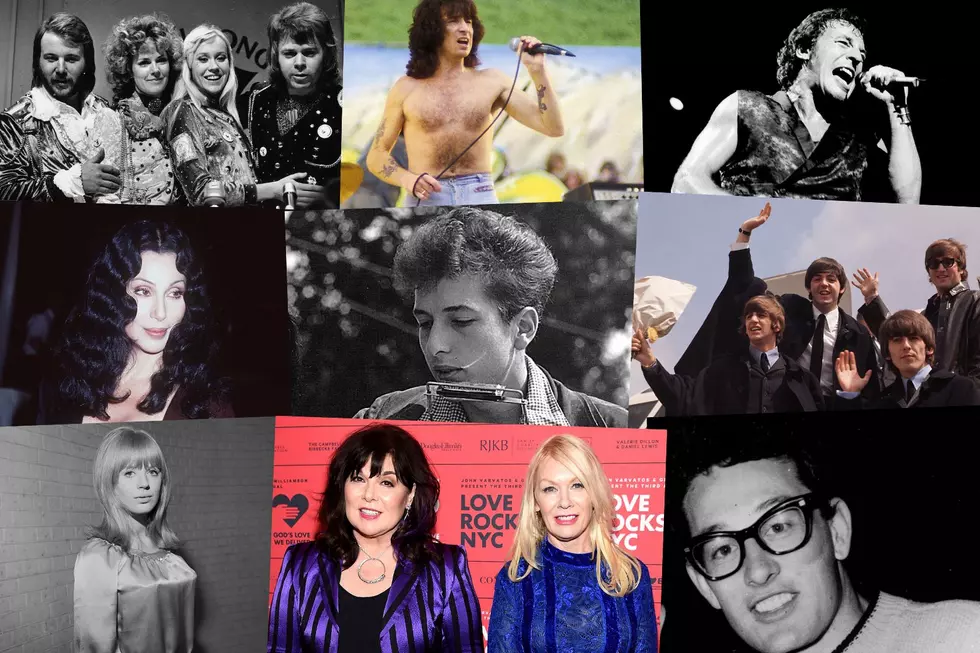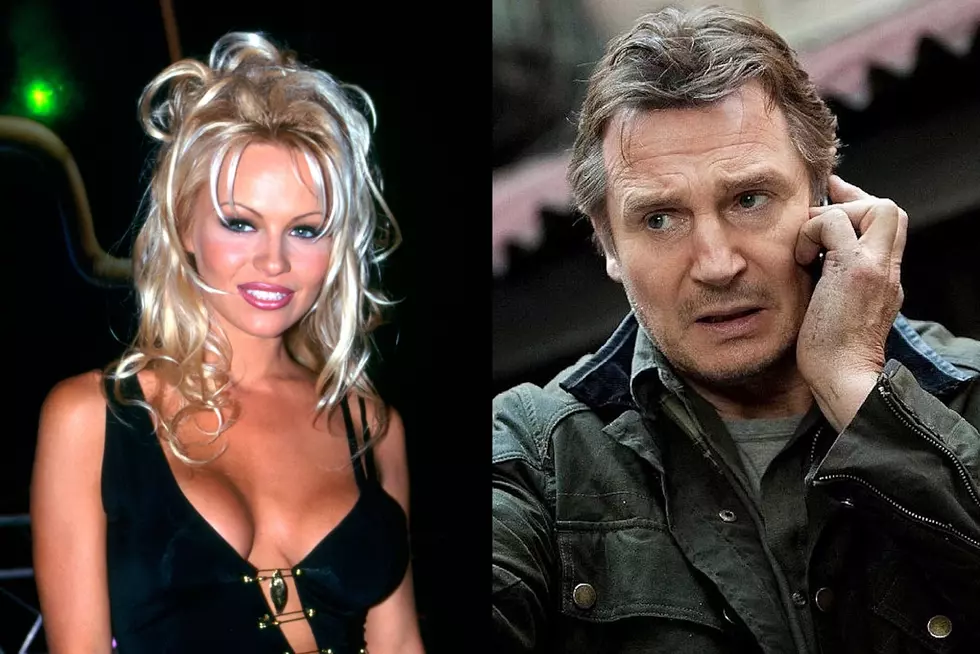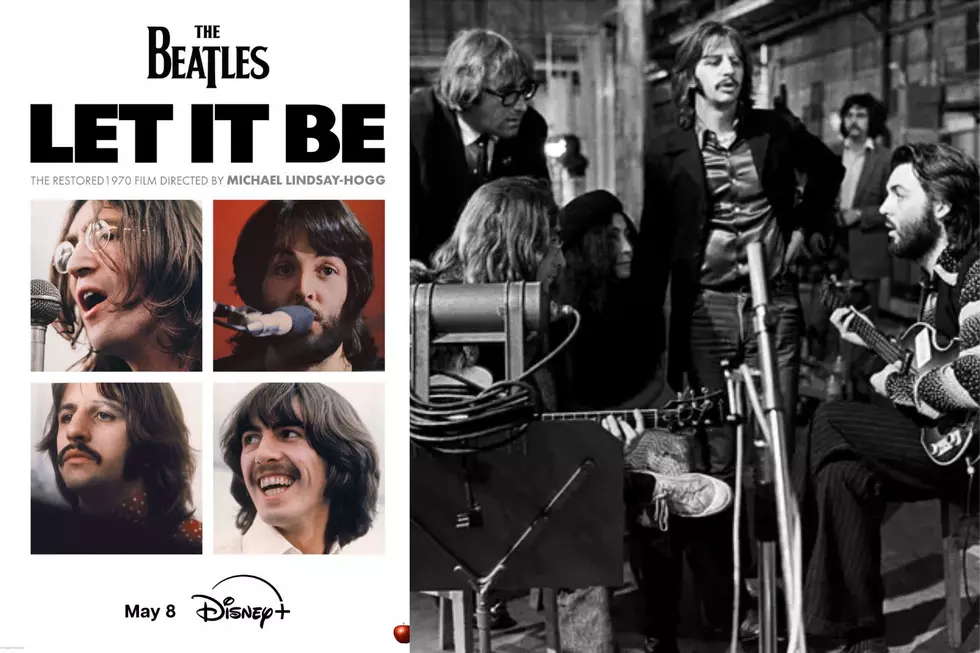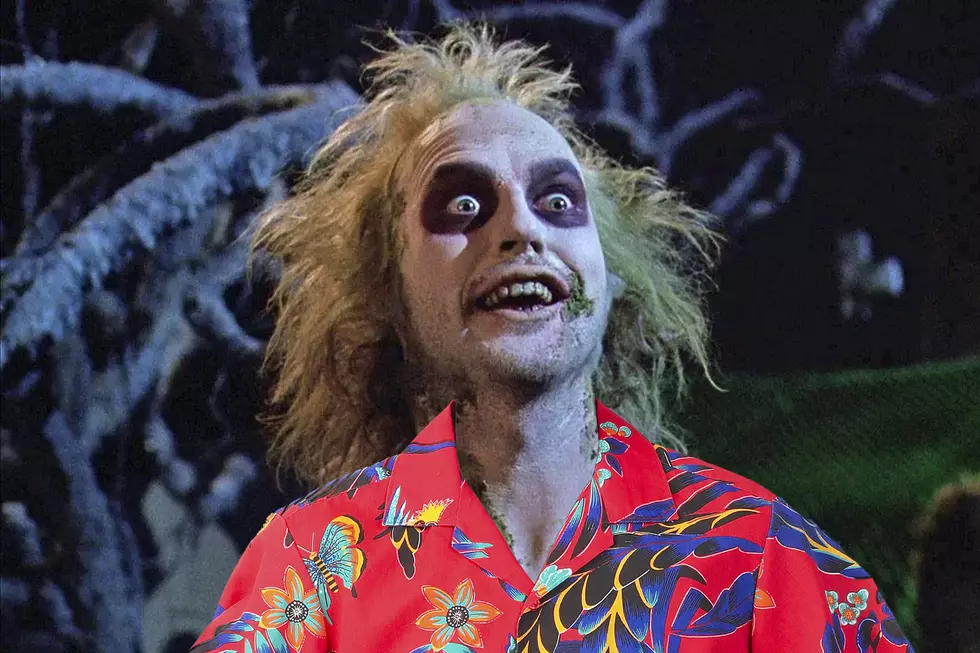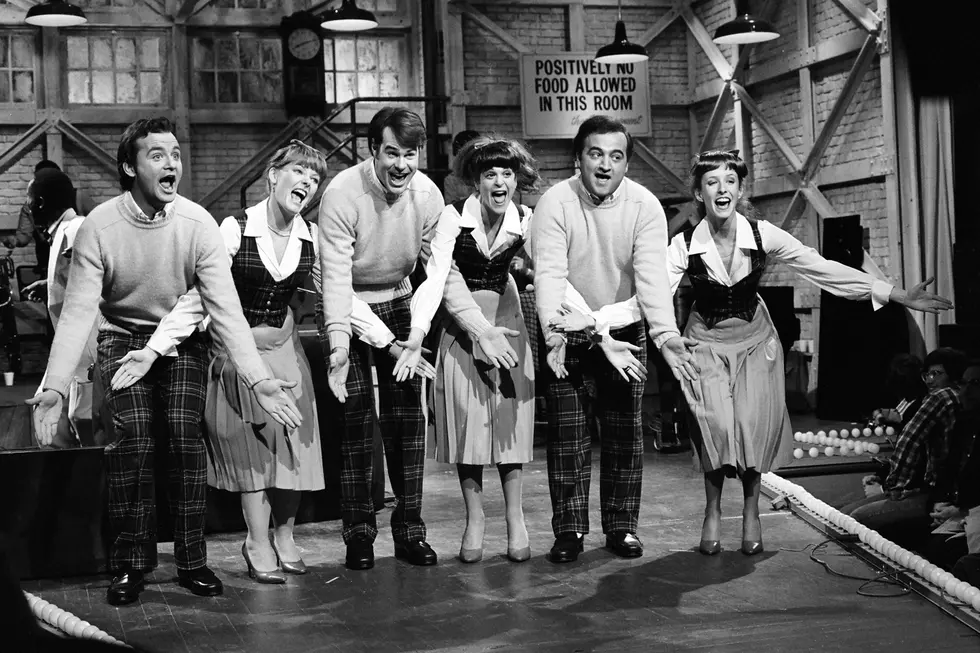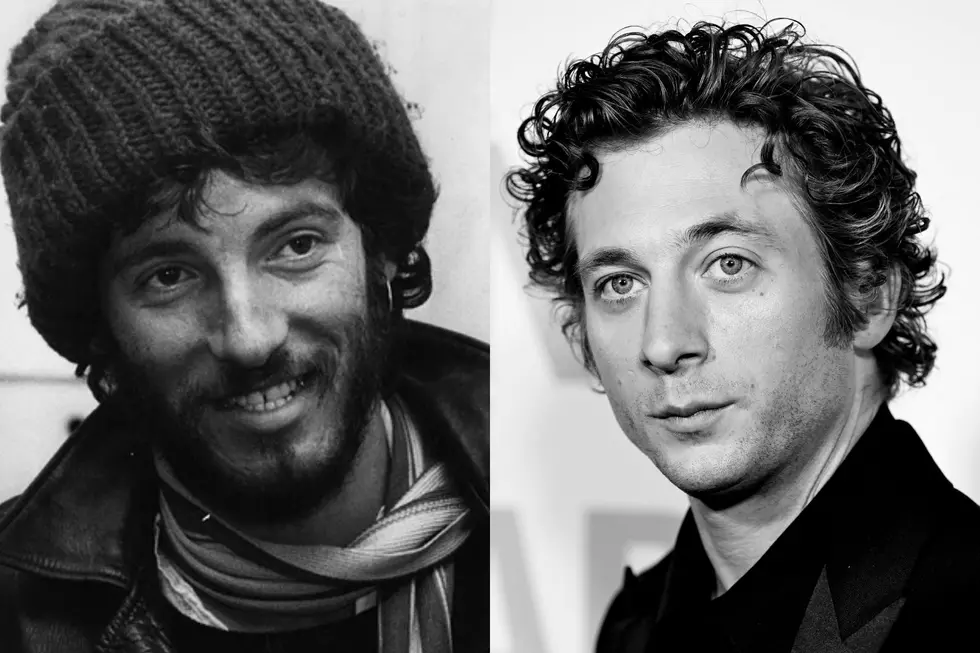
35 Years Ago: ‘Knight Rider’ Runs Out of Gas
On April 4, 1986, Knight Rider aired its final episode, bringing a strange and abrupt end to one of the '80s most popular TV shows.
The series was the brainchild of Glen A. Larson, the producer behind such hit shows as Magnum P.I., Buck Rogers in the 25th Century and Battlestar Galactica. The TV veteran viewed Knight Rider - with its crime fighting detective and talking car sidekick - as an updated interpretation of a Hollywood classic.
“Michael Knight in a way is prototyped by the Lone Ranger,” Larson once explained to the Hollywood Reporter. “If you think about him riding across the Plains and going from one town to another to help law and order, then K.I.T.T. becomes Tonto.”
Cast into the lead role was David Hasselhoff, then a soap star thanks to his stint on The Young and the Restless. His character, birth name Michael Long, was an undercover detective who was shot in the face and left for dead. An eccentric billionaire, Wilton Knight, helped save Long’s life and enlisted the cop for his vigilante justice organization, the Foundation for Law and Government (F.L.A.G.). He also gave the officer a new identity: Michael Knight.
Watch the 'Knight Rider' Intro
While Hasselhoff became the face of the show, its true breakout star was K.I.T.T. (Knight Industries Two Thousand) a virtually indestructible sports car powered by artificial intelligence, with enough hidden weapons and technology to put James Bond’s cars to shame.
"I was looking for an artificial intelligence that really became a full character in the show," Larson explained in the book Knight Rider Legacy: The Unofficial Guide to the Knight Rider Universe, adding that HAL from 2001: A Space Odyssey served as inspiration.
During an '80s promotional tour, Hasselhoff noted the popularity of his vehicular co-star. "K.I.T.T. is E.T. to the children," the actor remarked. "He's a source of non-stop love and affection, and a protector."
The series premiered on Sept. 26, 1982 and quickly became a pop culture phenomenon. Hasselhoff became TV’s latest heartthrob, while every kid dreamed of having a K.I.T.T. of their own.
Watch Michael and K.I.T.T. in a scene from 'Knight Rider'
Part of what made the show so engaging was the dynamic between Knight and K.I.T.T., which included both serious scenes and moments of humor. That repartee was evident in Hasselhoff’s first screen test.
“The first time the car talked to him, he burst out laughing. He kept adding little shtick of his own, like calling the car ‘Buddy’ and patting it like it was a horse,” Larson recalled. “He’s the main reason the show works. He has that mischievous look in his eye that tells you, ‘Of course you are not going to believe this, but lean back and enjoy it anyway.’”
Even as episode plots in Knight Rider became more and more outlandish, the show continued drawing large audiences. In the end, it was the show’s high production cost that ultimately led Universal to cancel the series after its fourth season.
"Universal got hurt earlier this year when it told the networks it would walk away from expensive projects if licensing fees didn't go up,” noted the TV Guide from Aug. 16, 1986. “Universal dropped at least two series and began backing off from the hour-long action shows that have been its strong suit. Universal's Knight Rider, for example, was costly to produce and, so far, doesn't look like it will be a big success in syndication." Ironically, Knight Rider would become quite popular in syndication, especially in foreign markets. Still, the studio had no idea of this at the time and decided to pull the plug.
The final Knight Rider episode didn’t feature the death of a beloved character or even a long goodbye. Instead, it centered on a rather ridiculous premise: Michael and K.I.T.T. must investigate a voodoo princess who hypnotizes men and forces them to commit crimes on her behalf.
Watch a Teaser for the 'Knight Rider' Finale, 'Voo Doo Knight'
The story was penned by Tim Kring, who would later create successful series such as Heroes, Strange World and Crossing Jordan. The writer admitted he came up the Knight Rider finale extremely quickly.
“It was my very first job in TV,” Kring recalled to Metro. “I went in on Thursday and they needed the script on Tuesday and I wrote it over the weekend. I couldn’t believe the amount of money I earned from that weekend’s work… I’m sure the script wasn’t very good.”
So, it was with a strange premise and a rushed screenplay that one of the ‘80s most iconic pop-culture series said goodbye. Still, the April 4, 1986 episode didn’t mark the total end of Knight Rider - merely the original series.
Hasselhoff would return to his role for the 1991 made for TV movie Knight Rider 2000. Three years later, another TV movie, Knight Rider 2010, tried to reboot the franchise in a darker, Mad Max style. The Hoff was nowhere to be found for this installment, and K.I.T.T. was drastically redesigned - changed to a Ford Mustang from its classic Pontiac Trans Am look, and even given a female voice.
In 1997, Team Knight Rider debuted, a spin-off of the original series set ten years in the future. Its concept was that F.L.A.G. had grown since Michael Knight’s days and now featured an assortment of crime fighters. The series was canceled after just one season.
The most recent attempt at a Knight Rider reboot came in 2008, when NBC offered a modern take on the classic series. Though the show debuted with strong ratings, they quickly diminished. Again, the program lasted just one season.
Despite these failures, the original Knight Rider continues to be popular among generations of fans. For Hasselhoff, the series remains a career highlight.
“The theme of Knight Rider was that one man can make a difference,” the star explained to the AV Club in 2017. “It affected so many people. The audience that watched it has all grown up. They’re telling me, 'I love you, man! Can I tell you my Knight Rider story?' It affected them when they were 8 or 9 years old, and sometimes it brought them through a rough time. I respond to that, you know. I say, 'God, this is so cool.'”
28 Classic Films That Were Turned Into (Mostly Failed) TV Shows
More From Ultimate Classic Rock
